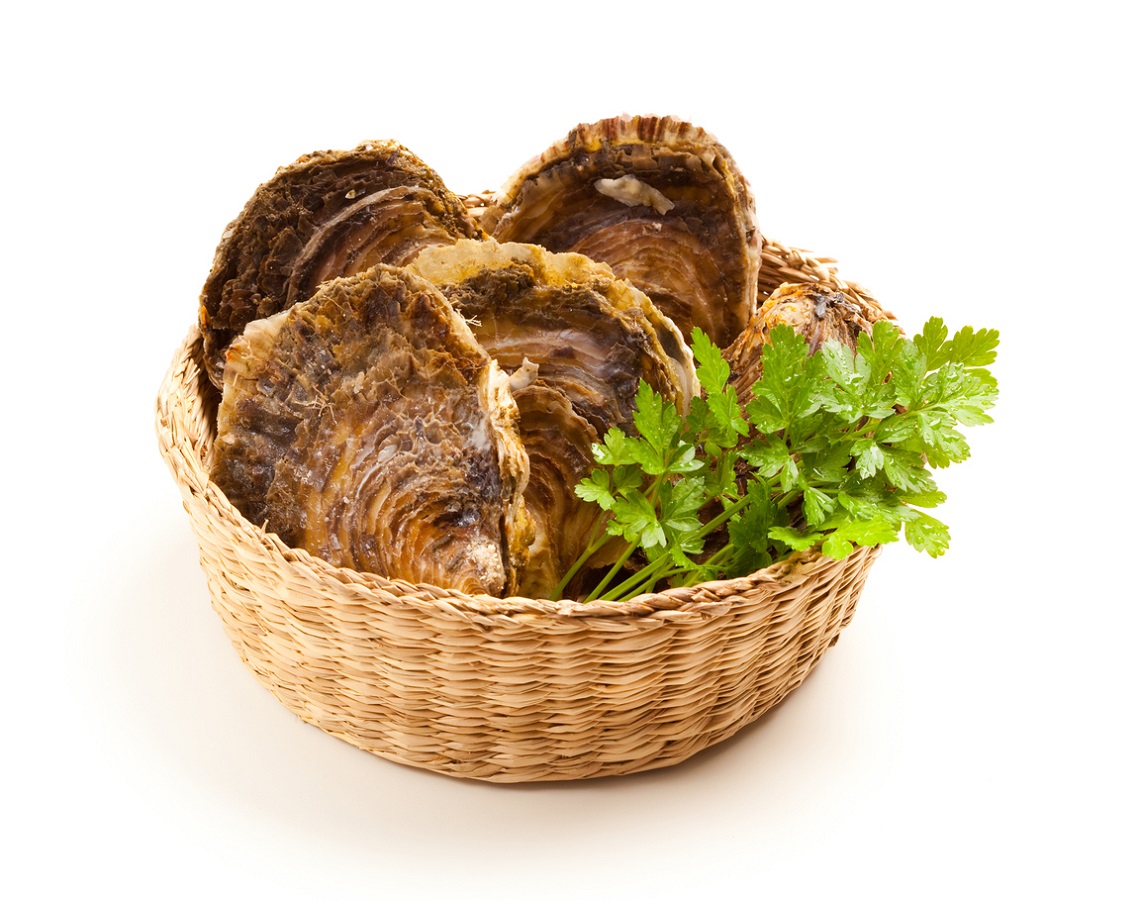
Decoded Oyster DNA Opens Up New Breeding Opportunities
August 31, 2022| |
Two separate studies by scientists led by the Roslin Institute of the University of Edinburgh in Scotland and the University of Santiago de Compostela in Spain found new information about the oyster's genome that can help improve its selective breeding approaches. The results can potentially help achieve food security and sustainability of the oyster industry.
Scientists from the Roslin Institute in collaboration with the Sorbonne University in France came up with two high-quality reference genomes that provided details down to the chromosome level of the European flat oyster that can be used by other scientists to conduct research on the conservation, restoration, and aquaculture of the species. They were able to identify two areas of the oyster genome significantly associated with faster growth that, when utilized, has the potential to genetically improve the shellfish's growth.
The second study by the University of Santiago de Compostela with the help of Roslin Institute aimed to compare the genome of oysters not previously exposed to Bonamia ostreae, a deadly parasite. These oysters have not had long-term effects from the parasite and were ideal to use when identifying variations in the oyster DNA region associated with resilience against the parasite, which they later found. This area can be further investigated and used for research to improve the oyster's tolerance to the parasite.
Results of both studies are important in improving oyster breeding programs to enhance desired traits and help expand the oyster industry in Scotland.
Learn more from the Roslin Institute's news release.
| |
You might also like:
- Researchers Use CRISPR-Cas9 in Cultured Oysters
- Penn State Researchers Study Giant Clam to Enhance Algal Biofuel Production
- Pocket K No. 52: Marine Biotechnology
Biotech Updates is a weekly newsletter of ISAAA, a not-for-profit organization. It is distributed for free to over 22,000 subscribers worldwide to inform them about the key developments in biosciences, especially in biotechnology. Your support will help us in our mission to feed the world with knowledge. You can help by donating as little as $10.
-
See more articles:
-
News from Around the World
- Flavonoids from Sorghum Plants Kill Fall Armyworm on Corn
- Plants that Fix Nitrogen from Air Thrive in Arid Environments
- MSU to Send Amino Acid-Enriched Plant Seeds to Space
- Decoded Oyster DNA Opens Up New Breeding Opportunities
- Researchers Develop Mathematical Model that Predicts Plant Response to Climate Change
-
Research Highlights
- Transgenic Common Bean Offers More Sustainable Strategy Against Whitefly
-
Plant
- Workshop Tackles Policy Considerations for Gene Editing in Asia and Australia
- Filipino Researchers Develop Improved Eggplant Varieties Using Innovative Technologies
-
Read the latest: - Biotech Updates (February 18, 2026)
- Gene Editing Supplement (January 28, 2026)
- Gene Drive Supplement (February 22, 2023)
-
Subscribe to BU: - Share
- Tweet

